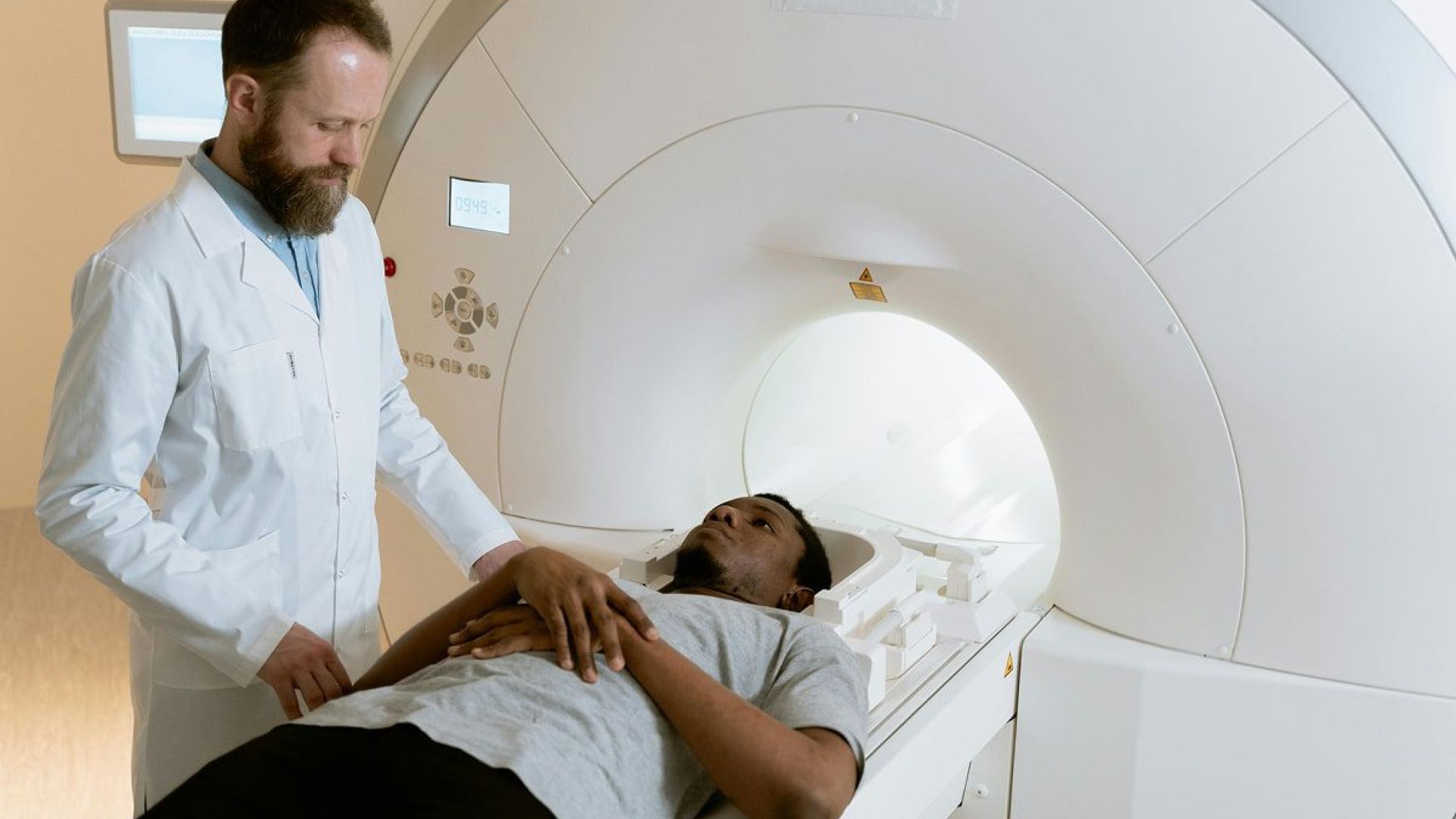Routine Health Screenings: Catching Problems Early

One of the most effective ways to stay ahead of aging-related diseases is through regular health screenings. Many serious conditions—like heart disease, diabetes, and cancer—develop silently before symptoms appear. By catching potential problems early, you increase your chances of successful treatment and prevention.
Think of screenings as your health’s early warning system. They don’t just help diagnose diseases—they allow you to track trends in your health and make proactive adjustments before issues become serious.
Essential Screenings for Longevity
Cardiovascular Health
- Blood pressure check – High blood pressure increases heart disease and stroke risk. Monitor it regularly.
- Cholesterol panel – Measures LDL (bad cholesterol), HDL (good cholesterol), and triglycerides to assess heart disease risk.
- Calcium score test (Coronary CT scan) – Detects plaque buildup in arteries, a key predictor of heart attack risk.
Metabolic Health & Diabetes Prevention
- Fasting blood glucose & HbA1c – Helps detect insulin resistance and diabetes risk before symptoms appear.
- Lipid panel – High triglycerides can indicate metabolic dysfunction.
- Waist-to-hip ratio & body composition scan – More accurate than BMI for assessing metabolic health.
Cancer Screenings (Based on Age & Risk Factors)
- Colon cancer screening – Colonoscopies are recommended starting at age 45 (or earlier with a family history).
- Breast cancer screening (Mammogram) – Essential for women, typically starting at age 40-50.
- Prostate cancer screening (PSA test) – Recommended for men over 50, or earlier if at high risk.
- Skin cancer checks – Annual dermatology exams help detect early-stage skin cancers.
Hormonal & Thyroid Health
- Testosterone (Men) / Estrogen & Progesterone (Women) – Hormone imbalances can impact energy, metabolism, and aging.
- Thyroid panel (TSH, T3, T4) – Thyroid dysfunction affects metabolism, mood, and cognitive health.
Cognitive & Brain Health
- Cognitive function tests – If you notice memory changes, early testing can help detect signs of decline.
- Omega-3 Index Test – Low omega-3 levels are linked to brain aging and cognitive impairment.
Bone Health & Mobility
- DEXA scan (bone density test) – Identifies osteoporosis risk and helps prevent fractures as you age.
- Vitamin D levels – Essential for bone, immune, and metabolic health.
How Often Should You Get Screened?
Your screening schedule should be personalized based on age, family history, and lifestyle factors. A preventive healthcare provider can help you build a screening plan tailored to your longevity goals.
Action Step: Book an annual comprehensive health check-up. Early detection is the key to aging gracefully.
Subscribe to Our Newsletter
Spam Free. Unsubscribe anytime.
Complete health and wellness management for your family.
Book a call to learn more and learn how we can partner to enhance your health journey.










Leave a comment